Why, by and large, there won’t be any
The President of Iran is a dangerous profession. The first holder of this title was removed from office in 1981, forced, following the example of our Kerensky, to flee, dressed in a woman's dress, and until the end of his days he lived in France under heavy police protection. Iran's second president was blown up less than a month after taking office when his own trusted aide placed a suitcase containing a bomb between his boss and the prime minister at a meeting and then quietly left the room. And now a new tragedy: the death of the eighth president of Iran in a helicopter crash. But, if you look at the situation from the point of view of realpolitik and pragmatic interests of Russia, then two other facts are of real importance. The president in Iran is not the main person in the country, at best, the second most important. The death of President Raisi, most likely, will not have any impact on the strategic partnership between Moscow and Tehran.
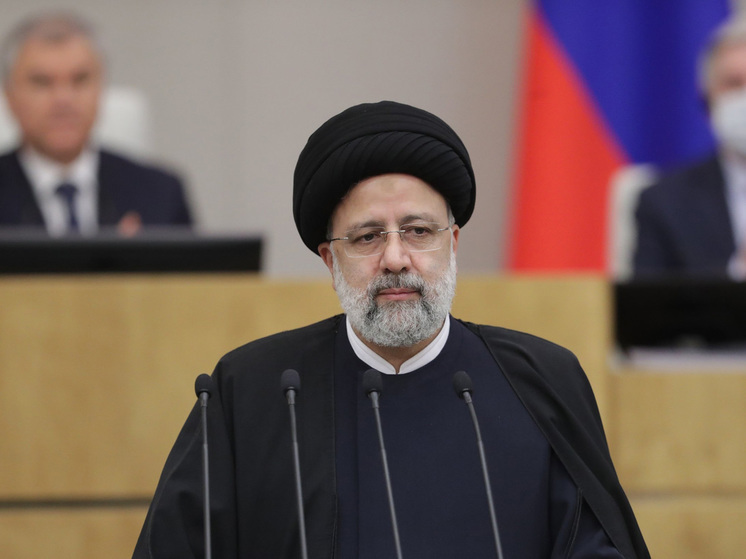
Before the Islamic Revolution of 1979, the general outline of Iran's governance system was clear to any foreigner. At the top of the power pyramid was the Shahinshah — literally translated “king of kings”, or, if we use European terminology, the emperor. But after the collapse of the monarchy and the beginning of the last emperor’s wanderings around the world (the new Iranian authorities demanded his extradition and therefore everyone was afraid), the power structure in Tehran became much more complicated. The first person in the state was Rahbar or Fakih — the “lord-theologian”, the highest spiritual leader. Until his death in 1989, this post was occupied by Ruhollah Khomeini, a very stern and ascetic man who ruled Iran not from the capital’s palaces, but from a modest house in the city of Qom, 150 kilometers from Tehran. And then the then Iranian President Ali Khamenei took over this position.
Thus, since the penultimate full year of the existence of the Soviet Union, the highest power in Iran has not changed even once. Yes, during this time the country has had five presidents. And the president in Tehran is, for a minute, a figure not appointed, but elected by the people. But not everyone is allowed to participate in the elections, but only those “who are worthy.” Upon becoming president, a politician receives a very limited set of powers. Only deep specialists understand the real Iranian system of power, and even then not all of them. There are a lot of different bodies, different institutions that compete with each other in one form or another and the balance of power between them is constantly changing.
There is, for example, a council of experts consisting of 88 theologians elected by the population, which in the event of Rahbar's death must elect his successor. There is a Council of Guardians of the Constitution — a kind of analogue of a constitutional court. There is an Islamic Consultative Council — Parliament. There is the Council for Determining Political Expediency, an advisory body under Rahbar, which is supposed to resolve conflicts between the guardians and the determiners of expediency. And I’m talking only about the formal structure — not about the behind-the-scenes struggle of various factions and clans, which even the most prepared foreigner “without half a liter” (for reference: alcohol is strictly prohibited in Iran) cannot understand. Let us summarize: from the point of view of Iranian internal political affairs, the death of President Raisi is certainly important. The current Rahbar was born back in 1939 and an informal race of successors has long been going on in the Iranian elite, one of the participants in which, according to experts, was the deceased president.
This is how Arash Azizi, a US-based historian and authoritative expert on Iran, described the Tehran political situation on the pages of the American magazine The Atlantic: “Raisi became president in 2021 following the results of elections that seem to be the least competitive of all the elections that took place in Iran since 1997. Supreme Leader Ali Khamenei ensured that all other serious candidates were excluded from the elections… It looks as if Raisi was chosen precisely because he could not become a serious challenger to Khamenei… Some call him the invisible president. During the heyday of the Women, Life, Freedom movement that rocked Iran in 2022-23, few of the protesters shouted slogans against Raisi because they knew that the real power lay elsewhere… But the same qualities as with they most likely made Raisi a safe choice for the regime for the presidency, turning him into the main contender for the role of successor to Khamenei as Supreme Leader.”
This role is now vacant. The balance of power in the Iranian leadership will inevitably change. But what will this change for Russia? Not being deep (or, to be honest: even a shallow specialist) on Iran, I would still venture to guess: nothing particularly important. In the past, relations between Moscow and Tehran have often followed a rather eccentric trajectory. For example, in 1989, an absolutely amazing episode took place. Shortly before his death, Ruhollah Khomeini sent a letter to Mikhail Gorbachev containing the following kind proposal: “I would like to firmly state that the Islamic Republic of Iran, as the most powerful stronghold of the Islamic world, can easily fill the vacuum created in the ideological system of your society.”
Khomeini was so waiting for an answer that he even broke his reinforced concrete rule not to meet with foreigners as Rakhbar and received the then head of the USSR Foreign Ministry Eduard Shevardnadze in his house in Qom. But after reading the response of the Secretary General, in which there was no agreement to “accept help,” the Supreme Leader said: “I am disappointed… I do not think about the problems of this world. I am thinking about the other world, and I have not received an answer to this question.” But for all his disappointment, Rahbar still sanctioned the normalization of the extremely bad relations between Moscow and Tehran at that time. And since then, these relations have stood on a more solid and pragmatic basis than agreement on issues of the “other world.” Now this basis is the confrontational relations with the West characteristic of both modern Russia and modern Iran.
The roots of Tehran’s irreconcilable conflict with the United States were buried in the same 1979. Persecuted by the new Iranian authorities, the terminally ill Shah (he was diagnosed with cancer while still in power) eventually found refuge in the United States. This provoked the seizure of the American embassy in Tehran by “revolutionary students” and the taking of its employees hostage. Most of these hostages were held for 444 days. Failure to free them ruined the career of then US President Jimmy Carter. And since then, “regime change” in Tehran has been one of the main strategic goals of American foreign policy. The genesis (origin) of the irreconcilable conflict between Russia and the West has, as we know, a completely different character. But the important thing is that America is not going to put up with Moscow either. Russia and Iran are now objectively in the same boat. The death of the second most powerful man in Tehran does not change anything in this political equation.




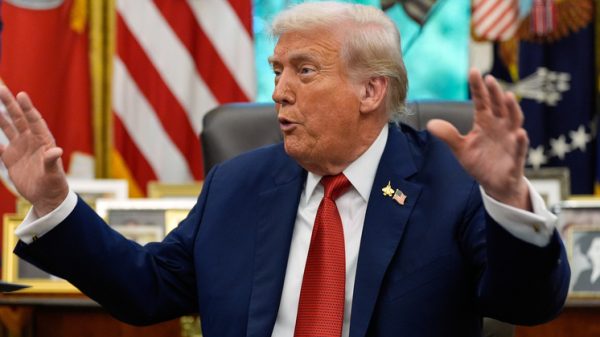




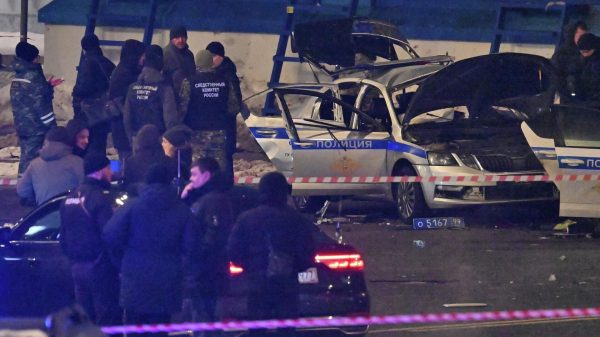
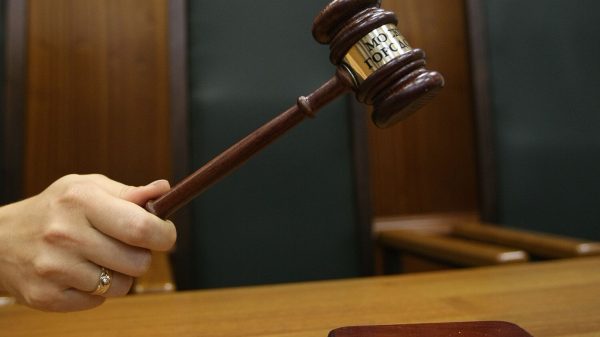
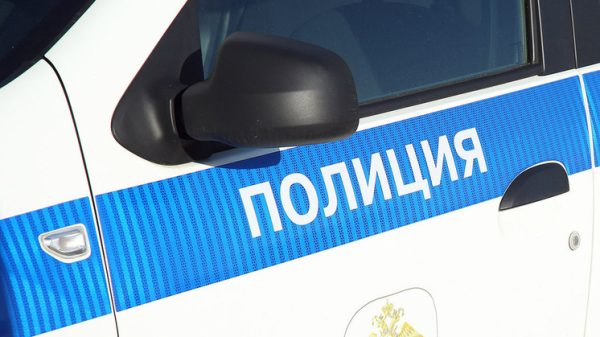





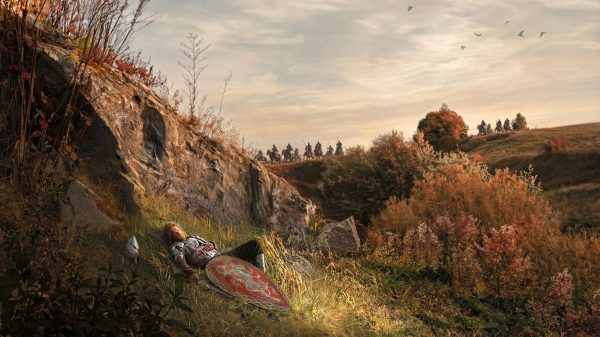
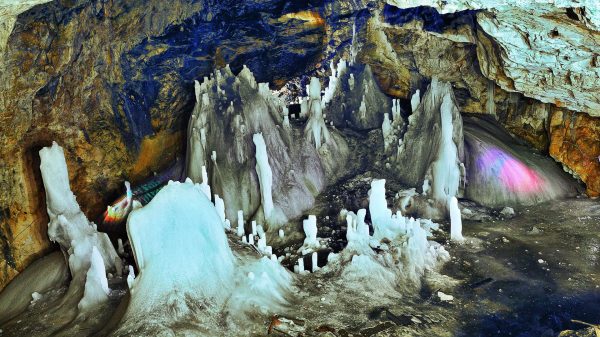

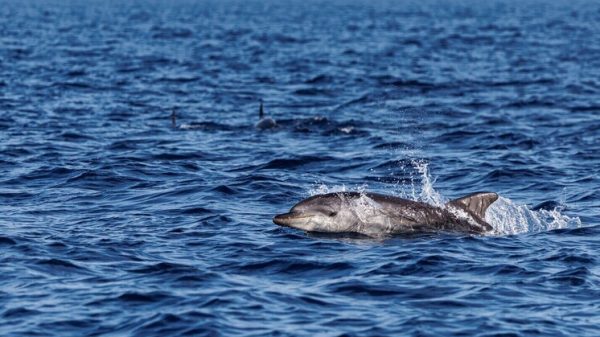
































Свежие комментарии